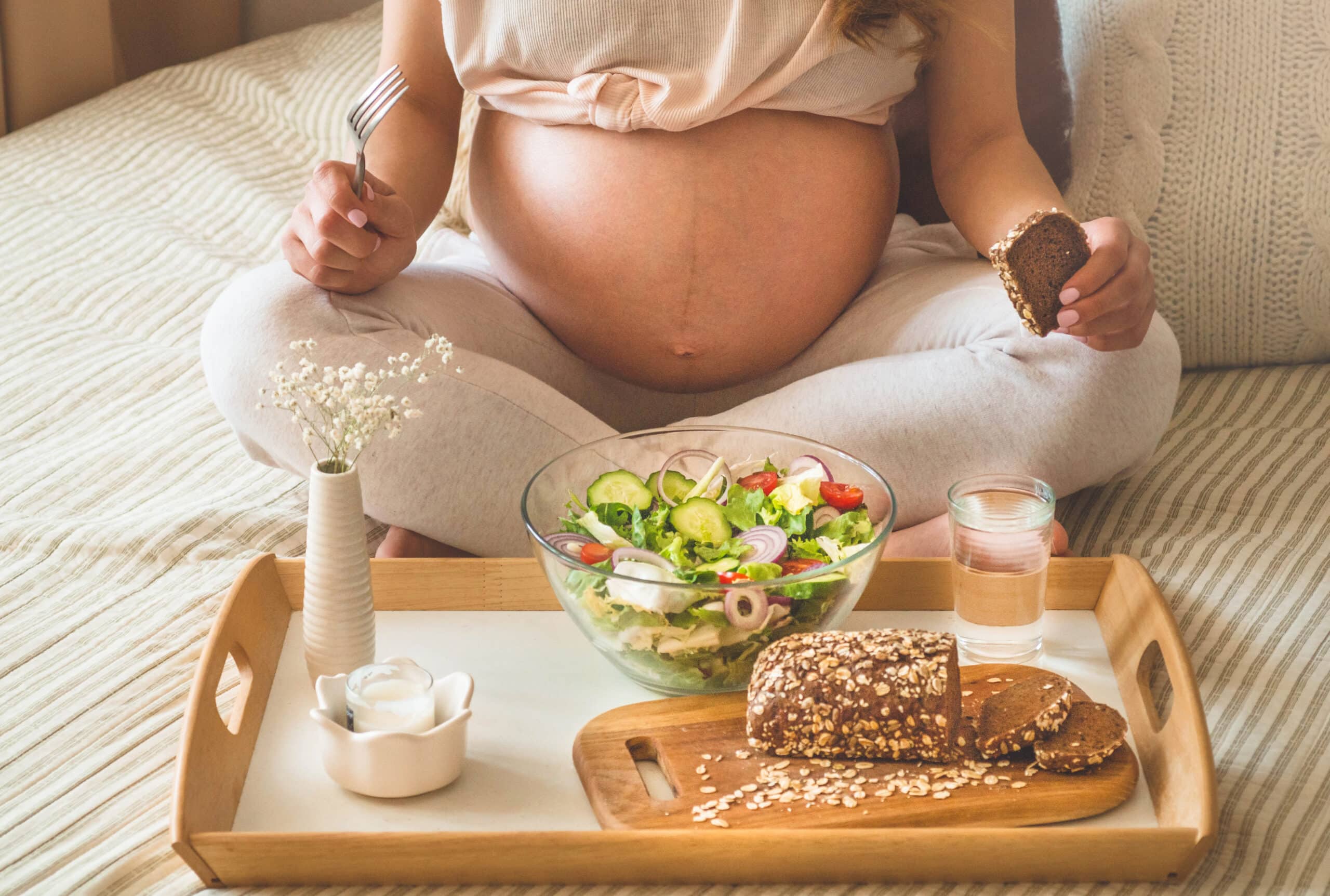The Skinny:
It shouldn’t be surprising that people worldwide are malnourished. Poor nutrition is, of course, dangerous at any time. However, for pregnant women, it can be a pending health disaster for themselves and their unborn children. Even those aware of this troubling trend think problems are limited to undeveloped countries and regions. Those areas face largescale challenges. The problem, unfortunately, doesn’t stop there. A high percentage of expectant mothers in developed countries, including the U.S., are short on critical minerals and vitamins. In many cases, they are overloaded with sodium as well. One survey reported that about 50 percent of pregnant women in the U.S. are low on essential nutrients. The same report indicated almost all of these women were taking in too much sodium. The good news is that there are lots of ways to rebuild a proper nutritional balance; obstetricians and specialized prenatal care practitioners should be at the forefront of these plans. WellWell hopes to raise awareness of these nutritional shortcomings by identifying what may be lacking or should be enhanced. Read on.
The Slate:
Folate and Folic Acid
Folate is a B vitamin that can help thwart potential problems associated with premature births and brain and spinal cord development. The synthetic form of this critical nutrient is known as folic acid and is found in supplements and fortified foods.
Calcium
Calcium is needed to develop strong bones, and problems occur if an expectant mom doesn’t have enough. The body transfers calcium from the mom’s bones to her developing child. The benefits of calcium don’t stop with bones; it also supports the development of a child’s heart, muscles and nervous system.
Iodine
Women need to replenish their iodine levels because they naturally lower during pregnancy because of thyroid hormone production. Iodine is critical for a child’s neurocognitive development.
Protein
Protein is essential for pregnant women because it’s a “builder nutrient” that supports the healthy development of an unborn child’s organs, such as their brain and heart.
Fiber
Fiber-rich foods are valued during pregnancy because they help control blood sugar levels and prevent gestational diabetes. These foods can also reduce the risk of high blood pressure. A bonus benefit: fiber fights constipation and keeps stomachs settled.
Fats
Don’t forget essential fatty acids. The body doesn’t make them, and essential fatty acids, such as the unsaturated fat DHA, are needed to support an unborn child’s brain and eye development.
Vitamin A
Vitamin A is necessary for the healthy development of cells and tissues. But pregnant moms need to be careful about excessive consumption, especially during their first trimester. It can cause birth defects. The recommendation is that women do not exceed 10,000 IU daily during pregnancy. They should also attain this vitamin from foods instead of supplements.
Eyes Up:
Do you have a personal nutritional recommendation for pregnant moms? Let us know at info@wellwellusa.com.
WellWell editors independently identify services and products of interest. If readers purchase anything through the associated links, WellWell may earn a commission, which goes to support our work. Learn More.













